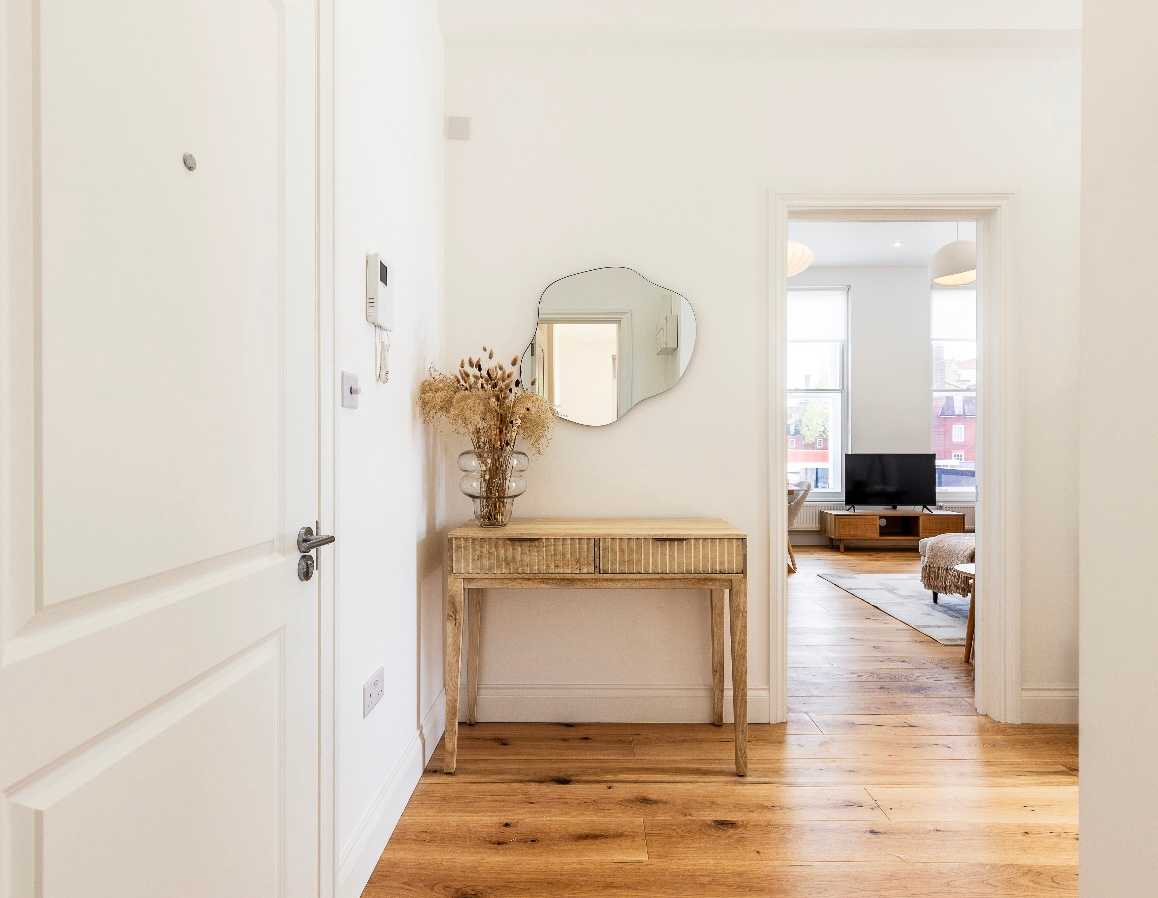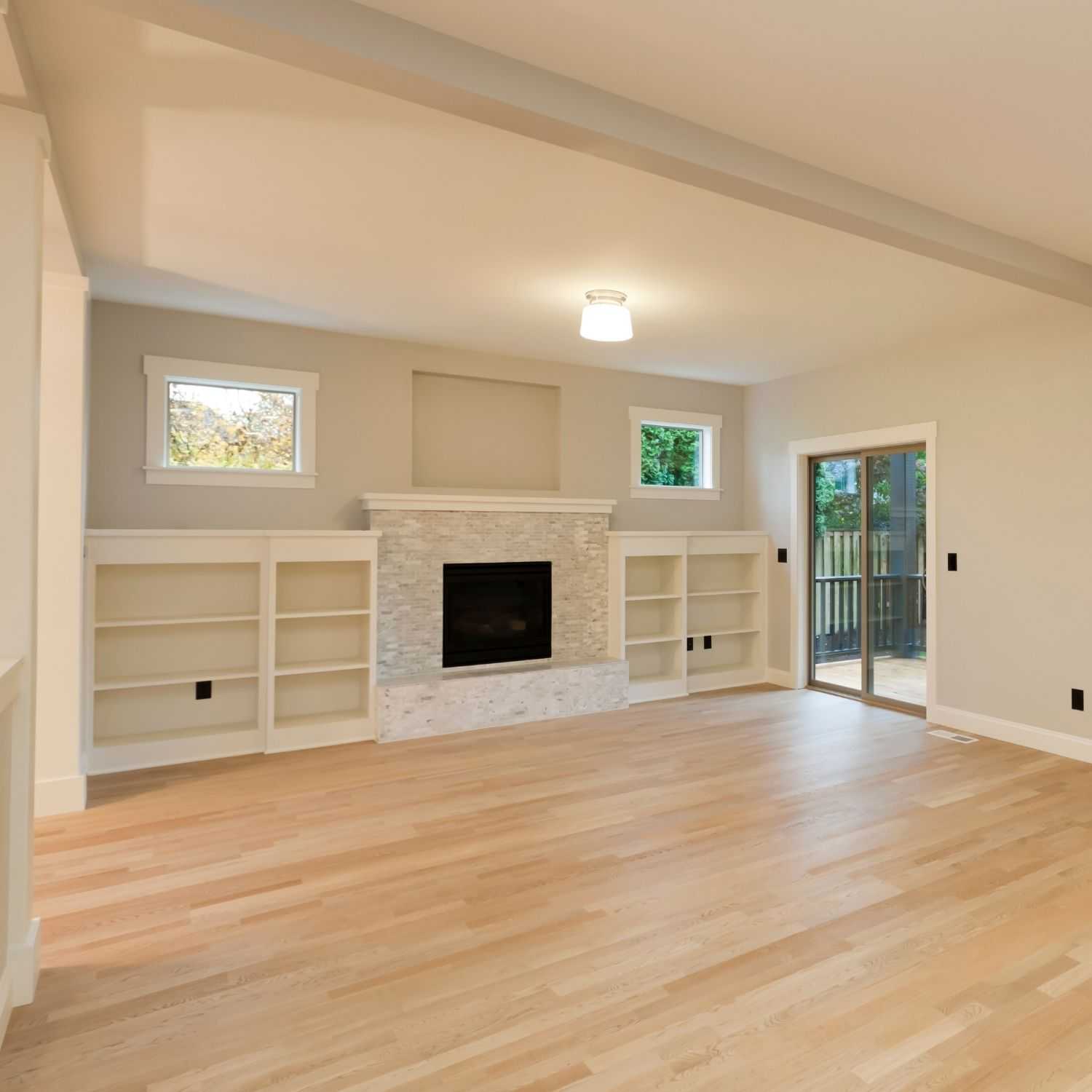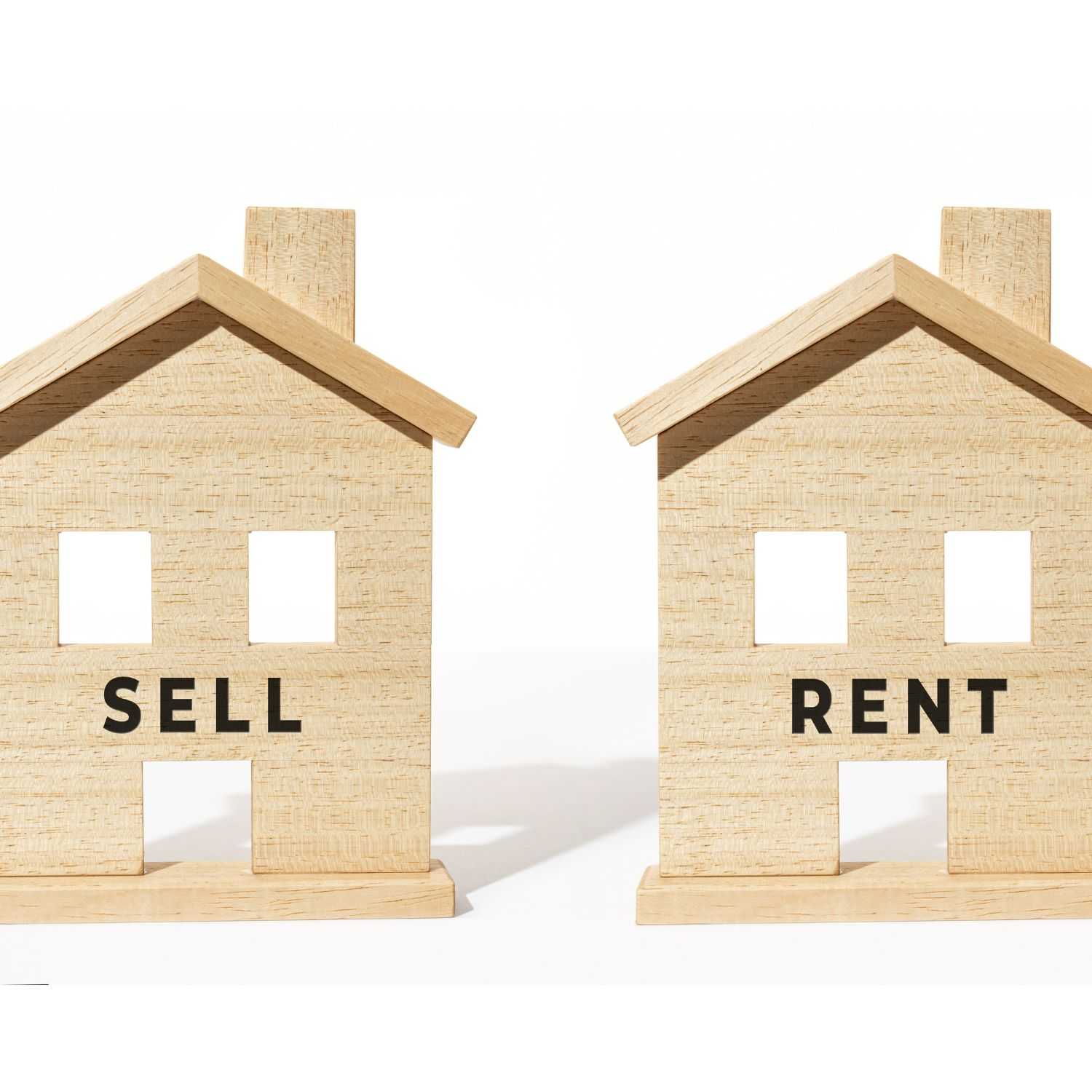Share
Heads up for all property owners of short-lets and holiday homes in London! New measures in the Levelling Up and Regeneration Bill are changing current regulations that can affect your portfolio revenues and rental properties.
First, owners of second properties will be strictly required to show proof of short-letting their homes. Otherwise, they’ll be paying council tax instead of qualifying for the small business rate relief.
Second, the local council has been given the authority to impose higher council taxes for second homes that are proven to be kept empty for more than a year.
With compliance being an important part of a letting strategy, keeping up with all these changes will ensure that your portfolio’s revenue won’t be compromised in any way.
This article will discuss the new regulations that will affect short-lets and holiday homes. You’ll understand the role of these regulations in improving the overall housing market and how you can ensure compliance to protect your rental revenue.
Mandatory Registration for a New Planning “Use Class”
Under the new regulatory changes published in February 2024, all second homes for rent will be registered under a new planning “use class” for short-term rentals. The planning permission for future short-let properties will be strictly enforced to help local authorities monitor and control the number of rental properties in their community.
The goal is to identify the exact number of short-lets in the area – but it’s not meant to restrict the number of properties that can be rented out. The government is well aware that holiday homes boost the local economy and businesses within the community.
Instead, this regulation intends to help local authorities find the balance between providing short-term lets in tourist hotspots and ensuring that residents have enough homes to choose from.
Once registered, the property will be under a specific planning “use class” for short-lets. If your property is already registered as a short-let, there’s no need to re-submit your registration. Your property will automatically go under the new “use class”.
New Tax Rules for Second Homes
Second homes are typically used as holiday homes for personal use or rental properties for profit.
In the old tax regulations, property owners who choose to rent out their properties are given a tax break in the form of small business rates relief. With the lower tax obligations, property owners can enjoy higher rental yields. Those who don’t rent out their second properties have a higher tax obligation in the form of the council tax. If their properties are kept empty for 2 years or more, property owners are forced to pay a higher tax rate.
This led some property owners to “claim” that they short-let their properties to qualify for the small business rates relief. To avoid this abusive practice, local authorities are imposing stricter rules to ensure that the right taxes are paid by second homeowners.
Proof of Genuine Holiday and Short-lets
Under the new tax regulations, property owners will have to show proof that they are short-letting their properties. They need to prove that the property:
- Is rented for a minimum of 70 days a year.
- Is available for rent for 140 days a year – during which time the property isn’t used by the owner.
Property owners are required to present evidence in the form of advertising efforts through websites, brochures, etc. They are also required to show receipts and other letting details to show transactions with guests or residents.
Only after they have given proof of renting out their properties will they be qualified to avail of the small business rates relief.
Higher Council Taxes for Empty Properties
If a property can’t prove that it’s being rented out for at least 70 days, the owner will be forced to pay council taxes. But the new regulations don’t end there.
There’s a chance that empty second homes or properties will be asked to pay 2x council tax if it’s proven that it had been empty for more than a year. This is shorter than the typical 2 years that was previously stated in the rules.
Consultations were done until August 2023 as the government considered giving properties a grace period before being required to pay higher tax rates. The final results are expected to be reflected in the current version of the Levelling-up and Regeneration Bill.
Moving Forward for Property Owners
What does this all mean for you?
If you have second homes, make sure they’re registered under the right planning “use class”. This will allow you to operate and profit from your properties through short-letting. All this while enjoying tax breaks that can increase your portfolio’s revenue.
In case you have empty properties, you might want to consider converting them into profitable assets. The crackdown on empty spaces shows the desperation of the government to provide suitable dwelling places for locals and tourists. Instead of being forced to pay twice the council tax, you’re better off converting your properties into rental homes.
Partner with Property Experts to Stay Compliant
City Relay offers property management services that can be customised to accommodate your specific portfolio goals. We use a flexible letting strategy that combines the income stability of long-term and mid-term letting with the higher income potential of short-term letting.
Under our expertise and management, we can guide you to achieve complete compliance with new rules and regulations. We can help transform empty spaces into profitable properties that enjoy maximum rental yields and occupancy rates.
If you want to know more about the potential of your properties, give us a call. Our property experts can help you achieve significant portfolio growth.













